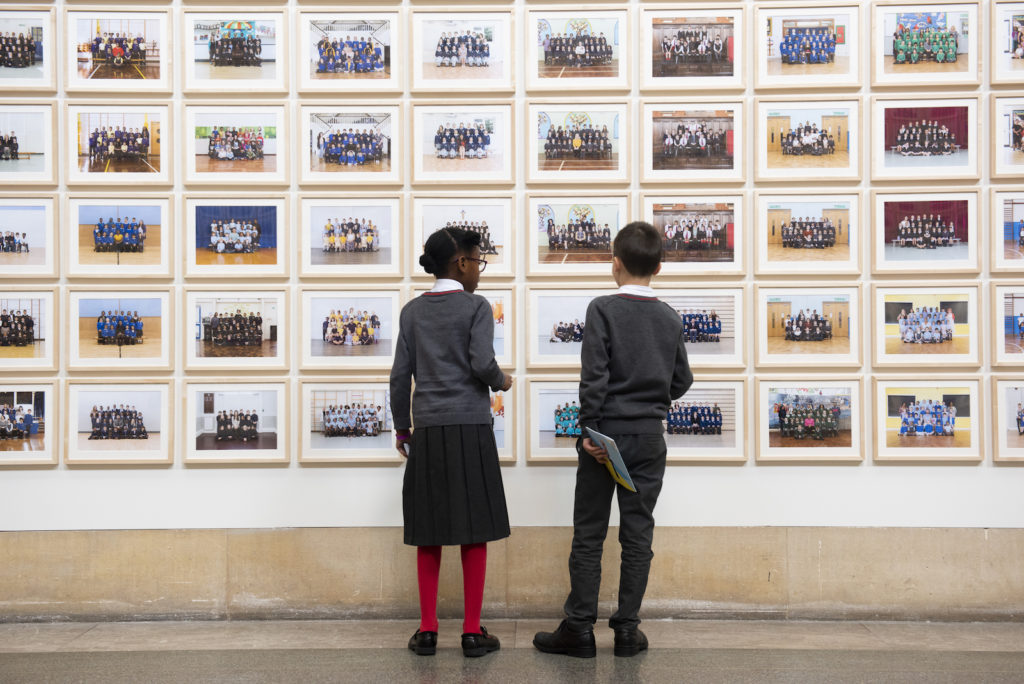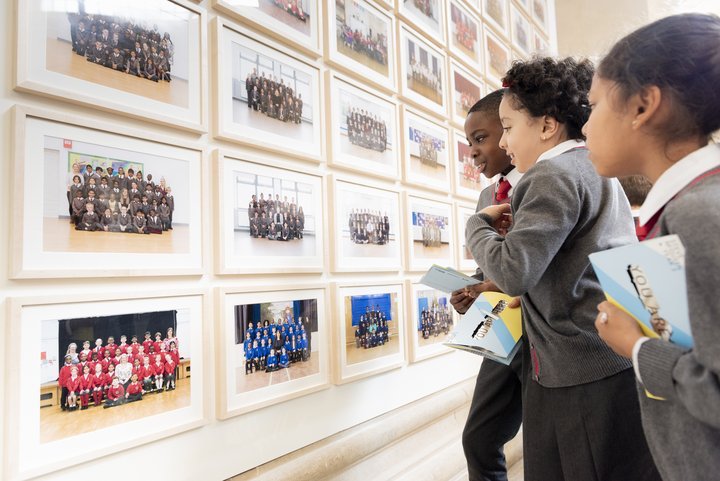Art World
Tate and Dozens of British Museums Are Calling on Boris Johnson to Fulfill His Promises to Increase Arts Funding
After a Conservative landslide, museums are anxious over a ‘dire lack of resources.’

After a Conservative landslide, museums are anxious over a ‘dire lack of resources.’

Brian Boucher

Tate and a network of some thirty-six museums throughout Britain have asked for the new government, headed by the Conservative party, to guarantee that all of Britain’s schoolchildren have the arts in their schools.
“Tate today, together with the Plus Tate network of museums and galleries, called on the new Government to ensure that all children have access to visual art through an arts-rich curriculum,” says a statement from the museums. The museums stressed that “visual art must be a core part of the national curriculum in primary and secondary schools in England” and asked “that additional funding for the arts premium be implemented as a matter of urgency.” The museum has issued this plea in view of what Tate director Maria Balshaw called the “dire lack of resources” currently facing arts instructors.
The museum has issued this statement in the wake of a landslide victory by the Conservative party, led by Boris Johnson, in national elections. Though Johnson last month promised £250 million for culture and, this summer, promised an increase in education spending, artists including Anish Kapoor, David Shrigley, and others have expressed despair at the election results.

Steve McQueen, Year 3, © Tate.
Whether the new government follows through with its pledges or not, the current state of arts education is dark, according to figures from the Cultural Learning Alliance cited by Tate. The Alliance points out that there has been a precipitous decline in schoolchildren’s exposure to art, with a 10% drop in pupils studying arts at the secondary level from 2017 to 2018, and a drop of 35% in the years since 2010. For students applying to colleges and universities, there has been a decline of some 24% in arts-education enrollment since 2010.
Tate itself has pledged to support arts instruction in a group of schools where artist-filmmaker Steve McQueen (who directed the films Twelve Years a Slave, Hunger, and Shame) has shot portraits of students in their third year of school. Students who have participated in McQueen’s Year 3 project will have access to digital and learning resources and gallery visits, among other offerings from Tate.
“When I was a kid, I remember my first trip to Tate,” said McQueen in the museum’s statement. “It was a real eye-opener. It was wonderful to see an explosion of ideas and creativity, visual creativity. It gave me an understanding that anything is possible.” Year 3 grew out of a partnership with Tate, Artangel, and A New Direction, and is on view at Tate Britain through May 3, 2020.
The Plus Tate network stretches from the island’s northernmost point, at the Pier Arts Centre, in Stromness, to its southernmost, at Newlyn Art Gallery & The Exchange, in Newlyn and Penzance, respectively, along with better-known institutions like all the Tate venues (Tate, Tate Modern, Tate Britain, Tate Liverpool, Tate St Ives), Turner Contemporary, and the Baltic Centre for Contemporary Art.